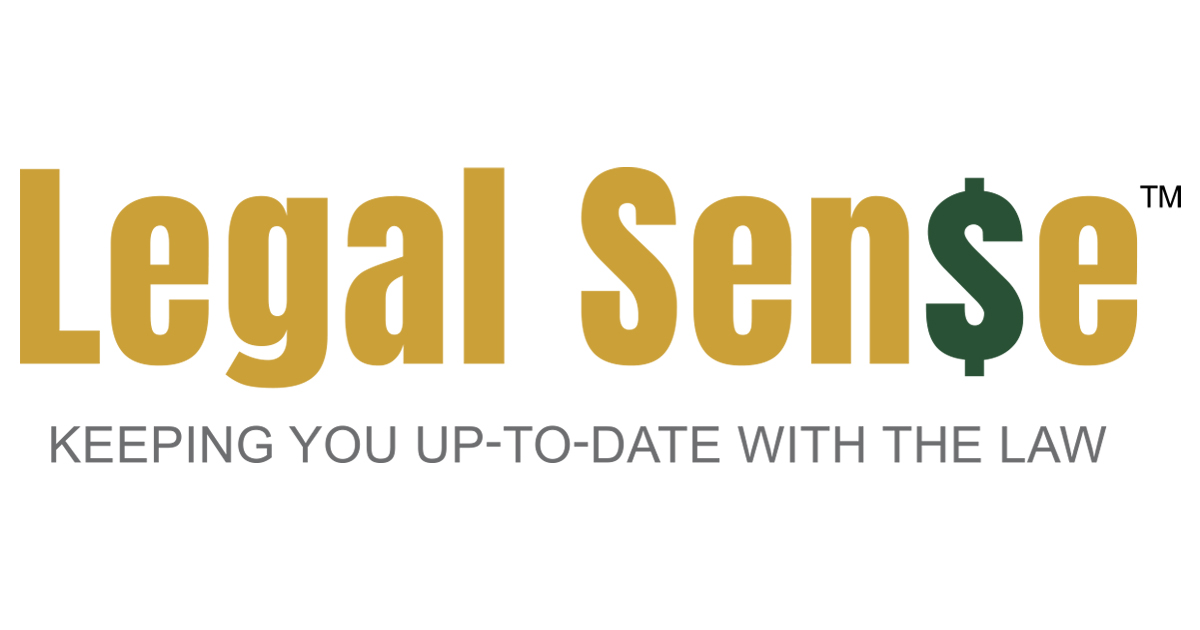Corporate wrongdoing and financial malfeasance have been persistent challenges in the business world, affecting not only the workers but also the trust of the American public in corporations. In an effort to tackle these issues head-on and promote corporate accountability, the Department of Justice (DOJ) took a significant step forward on February 22, 2023, by adopting a new policy that establishes a national standard for voluntary self-disclosure credit in corporate criminal enforcement actions brought by U.S. Attorneys’ Offices (USAO).
Announcing this transformative policy, U.S. Attorney Damian Williams of the Southern District of New York emphasized its importance as a way to encourage corporate accountability. The Voluntary Self-Disclosure Policy is designed to bring transparency and clarity to the process, allowing companies to understand the potential benefits and predictable outcomes they may receive when voluntarily reporting instances of misconduct to a USAO.
Key aspects of the Voluntary Self-Disclosure Policy
Standardizing Voluntary Self-Disclosure:
The policy outlines the specific circumstances under which a company will be considered to have made a voluntary self-disclosure of misconduct to a USAO. By providing a clear definition of what constitutes voluntary self-disclosure, the policy seeks to encourage more companies to come forward proactively when they discover instances of wrongdoing within their organization.
Concrete Benefits and Predictable Outcomes:
The policy aims to bring predictability to the process of voluntary self-disclosure by detailing the potential benefits that companies may receive. When a company fully cooperates with the authorities and takes prompt and appropriate remedial actions, the policy provides guidance on the types of credits and considerations that may be offered. This aspect of the policy is essential as it helps companies understand the potential consequences of self-disclosure, making it a more informed and strategic decision for businesses.
Incentivizing Compliance Programs:
To further promote corporate responsibility, the policy seeks to incentivize companies to establish and maintain effective compliance programs. By actively identifying and addressing misconduct, companies can position themselves to self-disclose and cooperate with authorities more readily. This emphasis on maintaining strong compliance measures is crucial in fostering a culture of honesty and ethical conduct within corporations.
Potential Impact on Workers and the American Public
The implementation of the Voluntary Self-Disclosure Policy has the potential to significantly benefit workers and the American public in several ways.
Promoting Honest Corporate Culture:
By encouraging companies to self-disclose misconduct and cooperate with authorities, the policy aims to foster a culture of transparency and honesty within corporations. When companies take responsibility for their actions, it can lead to increased trust between employers and employees, fostering a healthier and more productive work environment.
Protecting Workers and Consumers:
When corporate misconduct goes unchecked, it can often harm workers and consumers alike. By incentivizing companies to report and rectify their wrongdoings promptly, the policy may act as a deterrent against unethical practices that could negatively impact workers and consumers.
Preventing Financial Malfeasance:
Detecting and addressing financial malfeasance before it escalates can have far-reaching benefits for the economy and society as a whole. The policy’s emphasis on self-disclosure and cooperation can potentially lead to early detection of financial irregularities, allowing authorities to intervene sooner and prevent further harm.
The United States Attorneys’ Offices Voluntary Self-Disclosure Policy represents a significant step forward in encouraging corporate accountability and responsible business practices. By providing clarity, transparency, and predictability to the process of self-disclosure, the policy seeks to incentivize companies to take a proactive approach in reporting misconduct. As U.S. Attorney Damian Williams noted, the policy has the potential for a long-lasting, nationwide effect in promoting honest corporate culture and preventing financial malfeasance. Ultimately, this policy may prove instrumental in protecting the interests of workers and the American public while fostering a stronger and more accountable business landscape.
Business & Corporate Law Attorneys serving Surfside Beach, Myrtle Beach and throughout South Carolina
For many years our law firm has developed lasting relationships with business owners who have come to us for assistance. They value what we offer as outside counsel and we strive to provide them the benefits of in-house counsel without the cost of maintaining their own legal department.
Protecting a client’s confidential and proprietary information, trade secrets, and professional associations from interference, and violations of non-compete agreements, fraud, theft, and other legal misconduct is important. Human resources professionals and managers of businesses can seek advice regarding workplace law and what is required to remain in compliance with statutes, employment laws, employee handbooks, work contracts, confidentiality agreements, and other related business legal documentation.
At The Floyd Law Firm PC, we are committed to helping large and small business owners – as well as their workforce. We work as a team when solving problems in business situations and we understand how to protect our client’s interests. With more than 100 years of combined experience, our firm brings professionalism and advocacy with a focus on fostering long solid relationships with all of our business clients.
Business Litigation & General Trial Cases





